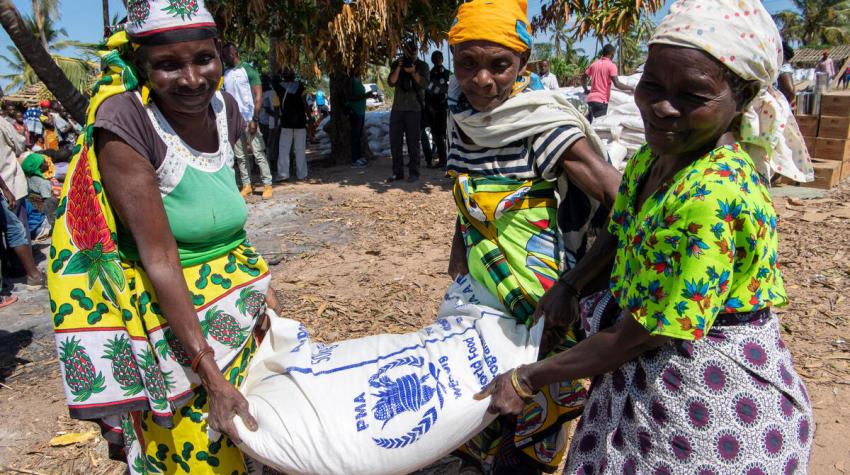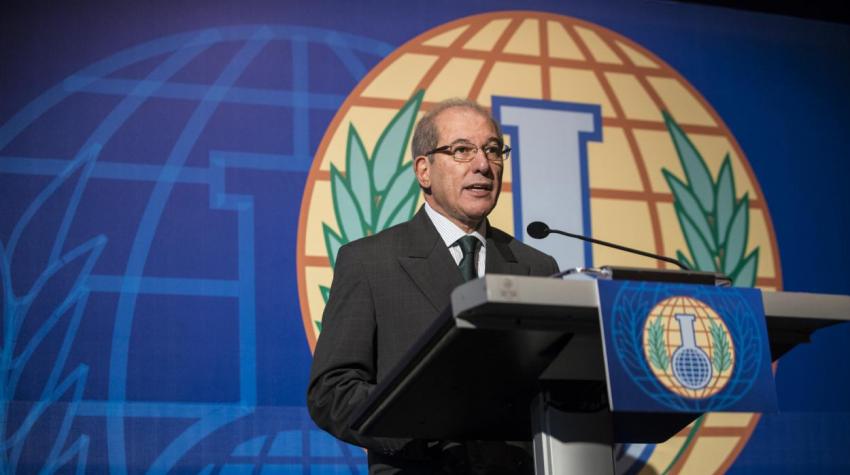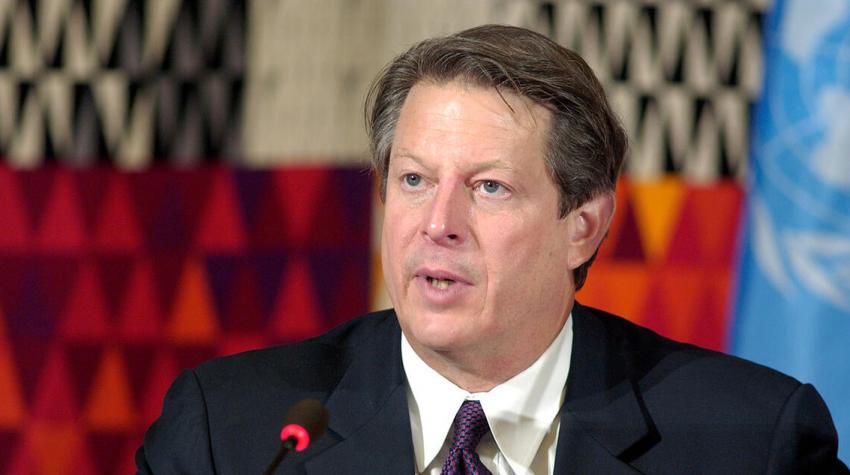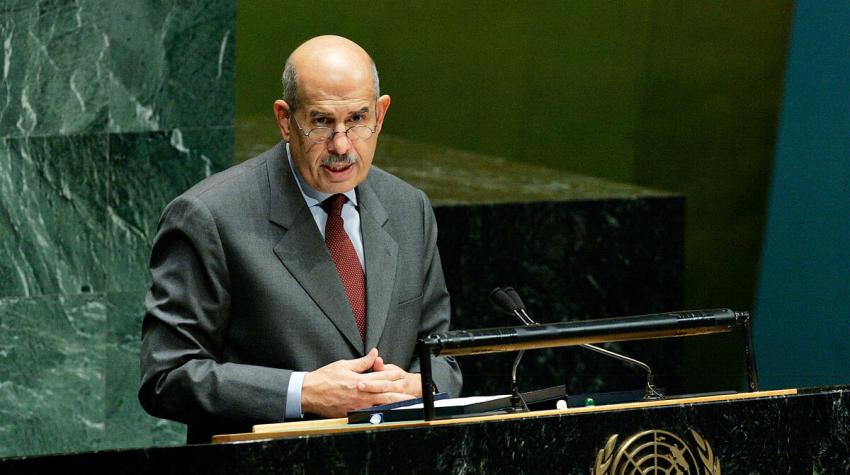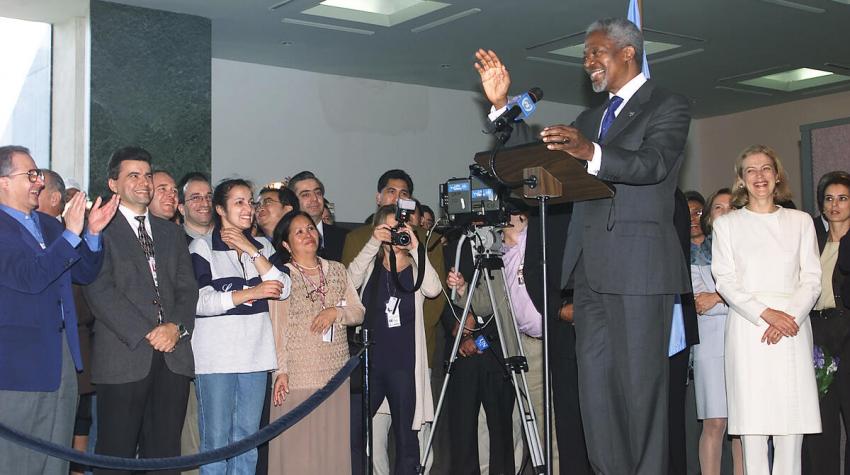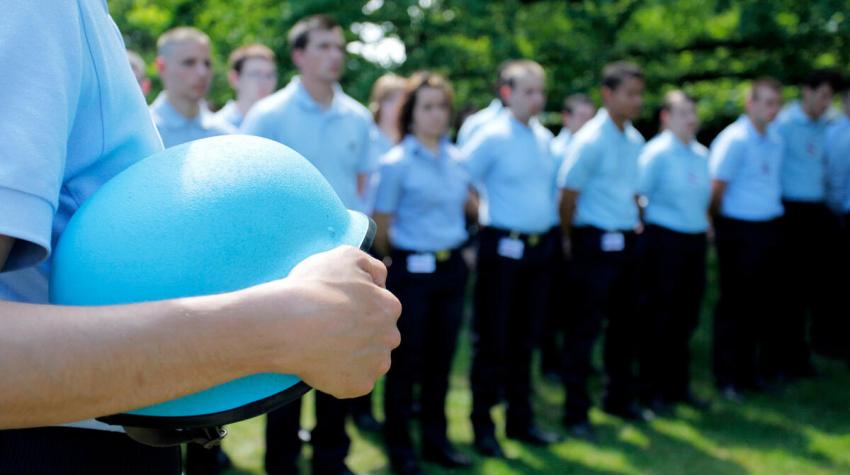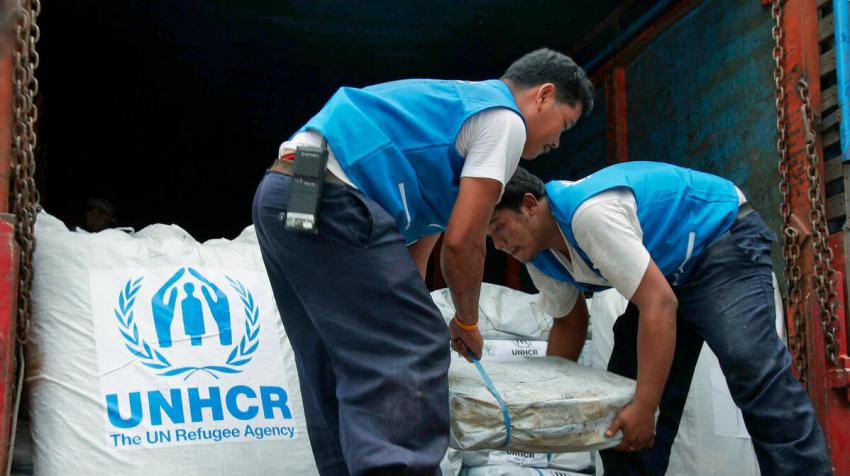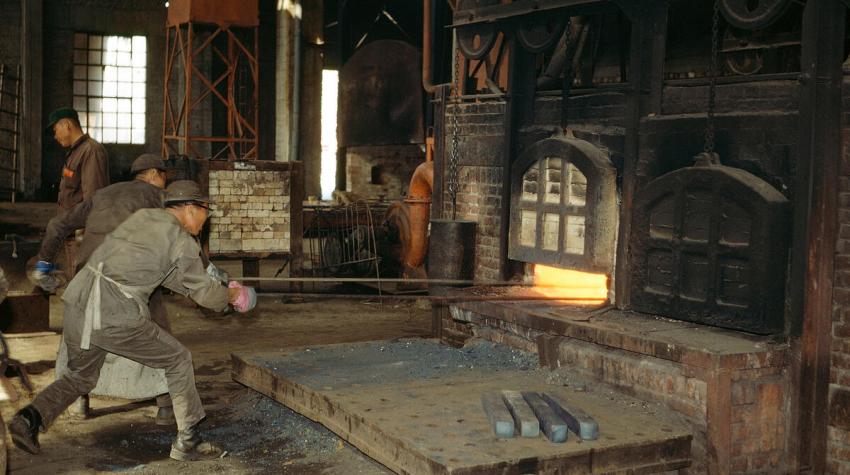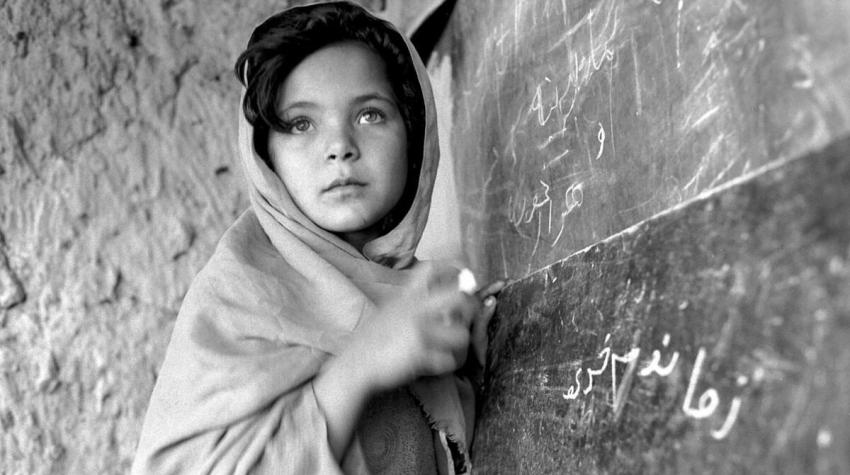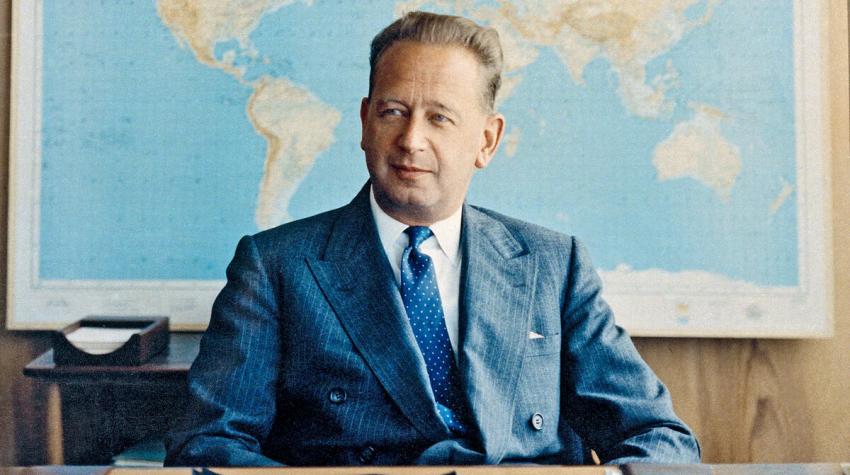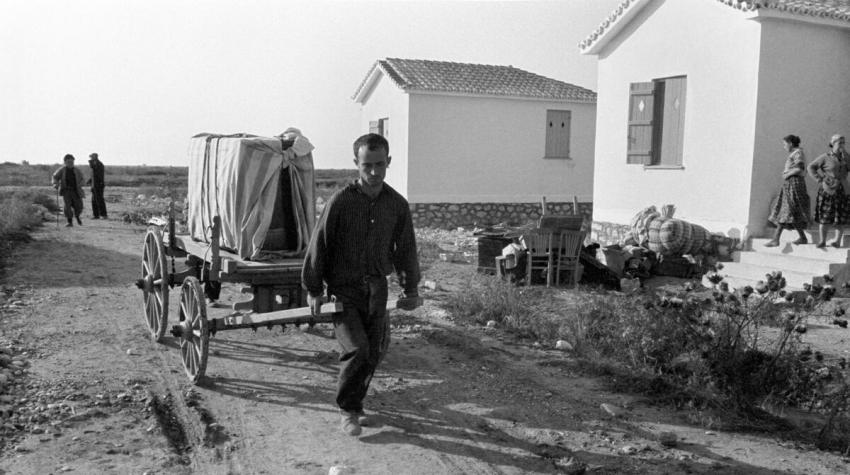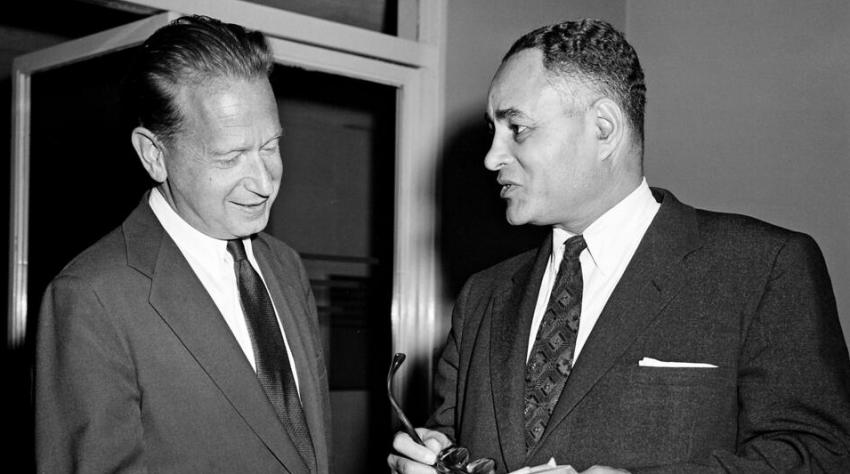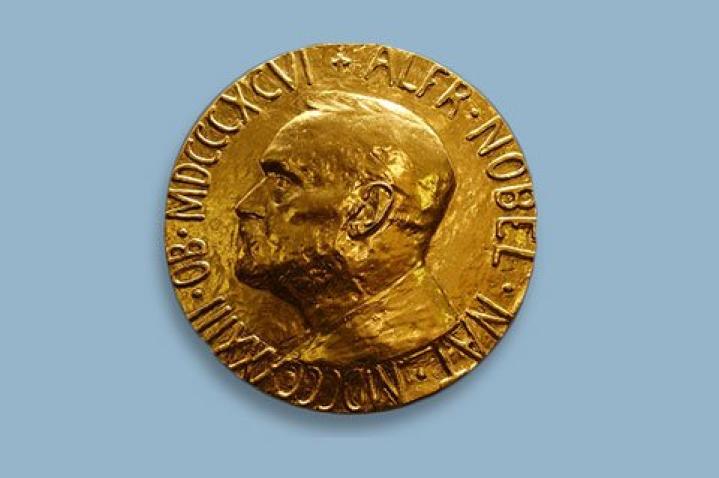The will Alfred Nobel made in 1895 was inspired by belief in the community of man. The Peace Prize was to be awarded to the person who had done most for "fraternity between nations, for the abolition or reduction of standing armies and for the holding and promotion of peace congresses".
In 75 years, the United Nations, its specialised agencies, related agencies, funds, programmes and staff were awarded the prestigious Nobel Peace Prize twelve times. One agency, the United Nations High Commissioner for Refugees (UNHCR) received the famous prize in both 1954 and 1981.
Two Secretaries-General, Kofi Annan and Dag Hammarskjöld, were also honoured for their work by the Norwegian Nobel Committee. After being awarded the prize jointly with the world body, Secretary-General Kofi Annan in 2001 told UN staff he hoped that winning the prize "will urge us forward and encourage all of us to tackle our tasks with even greater determination".
"For one hundred years, the Norwegian Nobel Committee has sought to strengthen organized cooperation between states. The end of the cold war has at last made it possible for the U.N. to perform more fully the part it was originally intended to play. Today the organization is at the forefront of efforts to achieve peace and security in the world, and of the international mobilization aimed at meeting the world's economic, social and environmental challenges....[The] Norwegian Nobel Committee wishes in its centenary year to proclaim that the only negotiable route to global peace and cooperation goes by way of the United Nations."
The Norwegian Nobel Institute
Oslo, 12 October, 2001

